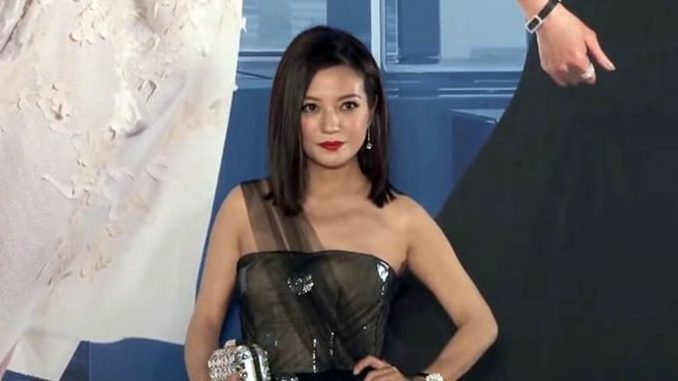
China’s strict limits on how long minors can play online video games just got stricter. Chinese children and teenagers are barred from online gaming on school days, and limited to one hour a day on weekend and holiday evenings, under government rules issued Monday.
The rules, released by the National Press and Publication Administration, tightened restrictions from 2019 aimed at what the government said was a growing scourge of online game addiction among schoolchildren. Under the old rules, players under the age of 18 were limited to no more than 90 minutes of gaming on weekdays and three hours a day on weekend.
Last week, there was a similar crackdown on celebrity fandom which communist regulators decided was out of control.
The Chinese government has taken a series of steps in recent days to rein in celebrity worship and fan clubs, amid growing concerns among officials that the relentless quest for online attention is poisoning the minds of the country’s youth. On Friday, the Cyberspace Administration of China banned the ranking of celebrities by popularity. The authority called for greater regulation of what it called the “chaos” of fan clubs and the power they wield over music, movies and television programs.
China isn’t merely telling overeager fans to knock it off. They have recently taken cancel culture to the next level, making one of the nation’s most popular actresses, Zhao Wei (pictured above), disappear overnight:
She has millions of adoring fans. She’s worth billions of dollars. But Beijing has all but erased actress Zhao Wei from history. And they won’t say why…
All serials and chat shows featuring her have vanished from major Chinese online streaming sites. She no longer even appears in the online credits for the movies she appears in.
Discussing why is being censored on social media.
Zhao Wei shot to fame in the late 1990s in China’s most successful television series ever, My Fair Princess. Since then, she’s progressed from being an A-list actress to director, pop singer and businesswoman.
Zhao Wei was literally deplatformed. She’s a billionaire, which may be another reason Xi is running her off the internet. She and her husband own a vineyard in France and there are reports she may be staying there now. But no one is really sure and the government isn’t saying why this happened. Even state media seemed a bit confused. Nevertheless, these orders are coming down from regulators, including new calls for media companies to avoid featuring “niangpao” which is Chinese for sissy. Here’s the Global Times explanation:
Individuals with a wrong political stance, and those who go against the country and the Communist Party of China, should not be employed by the industry. The same goes for those who violate Chinese laws or social morality, read a notice released by the Chinese National Radio and Television Administration on Thursday…
Programs should promote the correct appreciation of beauty, and advocate excellent traditional and revolutionary culture. Abnormal aesthetic tastes for niangpao and programs to show off wealth or hype negative topics should be firmly boycotted, the administration said in the notice.
While Chinese regulators are stamping out all of these personality cults built around celebrities, the government is also releasing new books for elementary schools about “Grandpa Xi.”
The textbook features his image prominently and teaches children that “Grandpa Xi always cares about us”.
Another page says: “Grandpa Xi teaches us a person can have many aspirations, but the most important aspiration in life should be for the motherland and the people to be intertwined together.”
Here’s what the new textbook looks like:

In short, Xi Jinping is the only cult of personality allowed in China and he’s clearing the decks of beautiful actresses and effeminate men so young kids in China will have a proper role model: himself.
Via Hot Air
